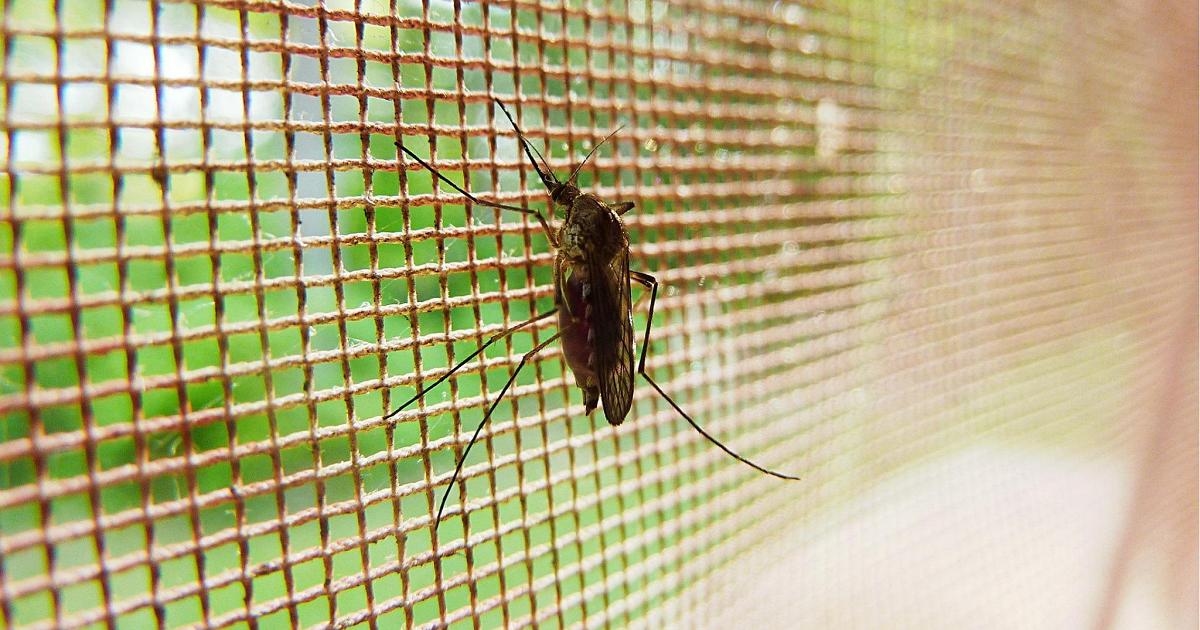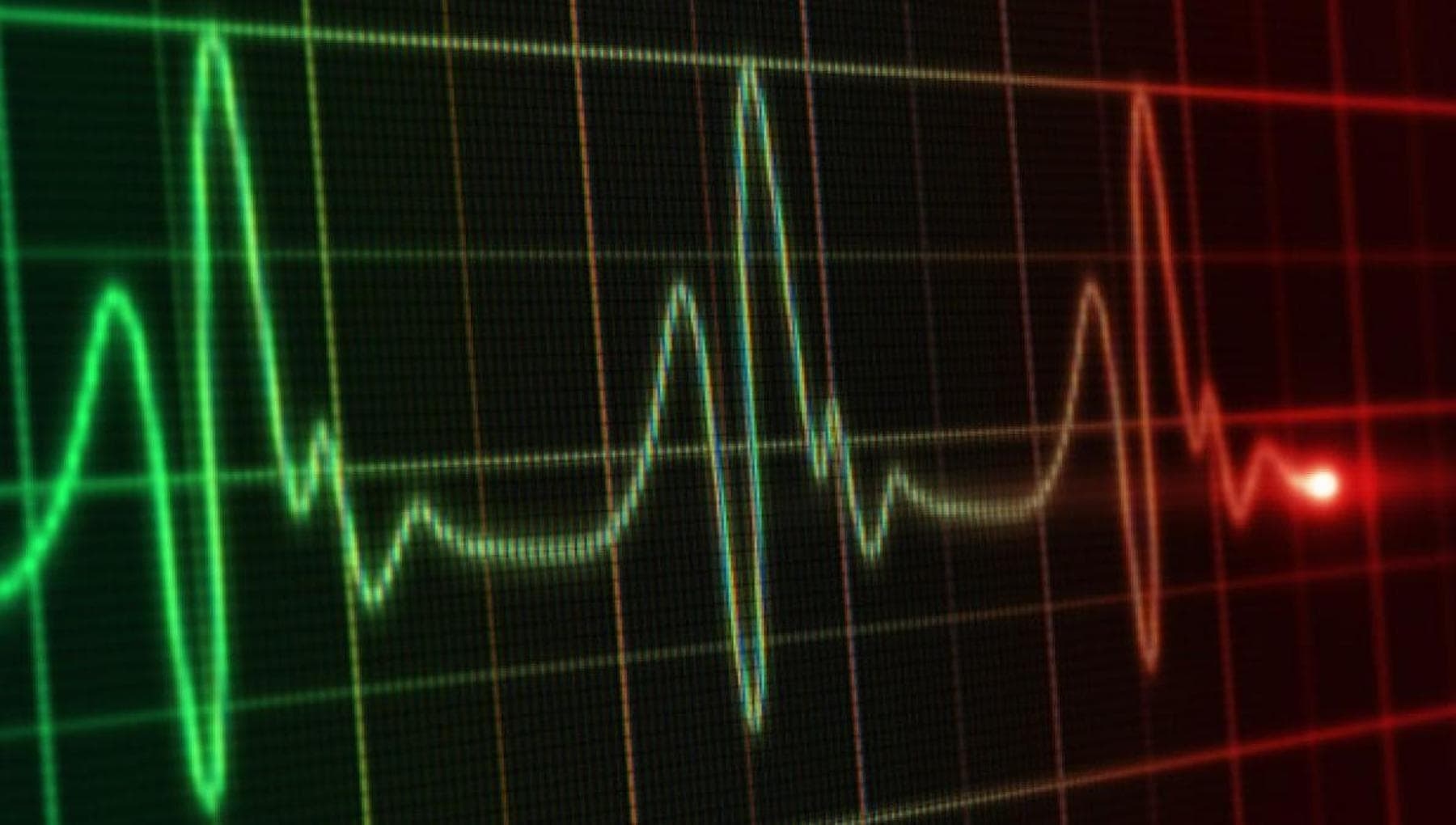Chikungunya virus: the first recombinant vaccine will be available in Italy starting October 30th.

Starting October 30, a vaccine against chikungunya will be available in Italy for the first time . It's a recombinant vaccine based on VLPs (virus-like particles), already approved in the United States, the European Union, and the United Kingdom, which induces a protective antibody response.
In Italy, the vaccine was approved by the Italian Medicines Agency (AIFA) last May and will be available on the market from October 30. The news comes from the symposium "Chikungunya: Future Scenarios and Prevention and Control Strategies," held as part of the 58th National Congress of the Italian Society of Hygiene, Preventive Medicine and Public Health (SItI), currently underway in Bologna.
Another live attenuated vaccine is currently available in the United States and Canada, but it is not available in Italy because the EMA has initiated a safety review. For the recombinant vaccine, in clinical trials, a robust seroresponse was observed 21 days after vaccination, with protective immunity beginning to develop as early as 7 days after vaccination, demonstrating a favorable safety profile.
The VLP is a type of non-infectious subunit vaccine , indicated for individuals aged 12 and older , and contains proteins capable of mimicking the virus without causing disease, ensuring that a wide range of people can benefit from vaccination. "The availability of effective vaccines can be a useful aid not only for those traveling to endemic or epidemic-affected areas, but also to contain any indigenous outbreaks in our country," says Giovanni Rezza, professor of Hygiene at the Vita-Salute San Raffaele University in Milan.
"The most recent studies," says Caterina Rizzo , full professor of Hygiene and Preventive Medicine at the Department of Translational Research and New Technologies in Medicine and Surgery at the University of Pisa, " confirm that this mosquito has completely colonized our country, increasing the risk of indigenous cases . Even with the correct prevention measures in place, avoiding bites from this insect is not easy , as it is mainly active during the day. The approval of the first recombinant vaccine against Chikungunya certainly represents a major turning point." This additional tool, she concludes, "provides a valid option for the protection of travelers and at-risk population groups, thus integrating with vector control measures and epidemiological surveillance." The chikungunya virus is transmitted by the mosquito of the Aedes albopictus genus , known as the tiger mosquito , and is endemic in various areas of Asia and Africa. In recent years, several outbreaks have also occurred in Italy. The most recent cases occurred this summer in Emilia-Romagna (Carpi) and Veneto (Val Policella). As of October 7, according to data from the Italian National Institute of Health (ISS), there were 398 diagnosed cases of infection, a significant increase compared to 2024, when there were only 17. Over 75% of people infected with chikungunya develop symptoms, including fever, rash, fatigue, headache, and often severe, debilitating joint pain. In more than 40% of cases, the effects can become chronic. There is no specific treatment available. Vaccination, along with educating travelers on how to avoid mosquito bites, are key prevention measures.
Rai News 24





